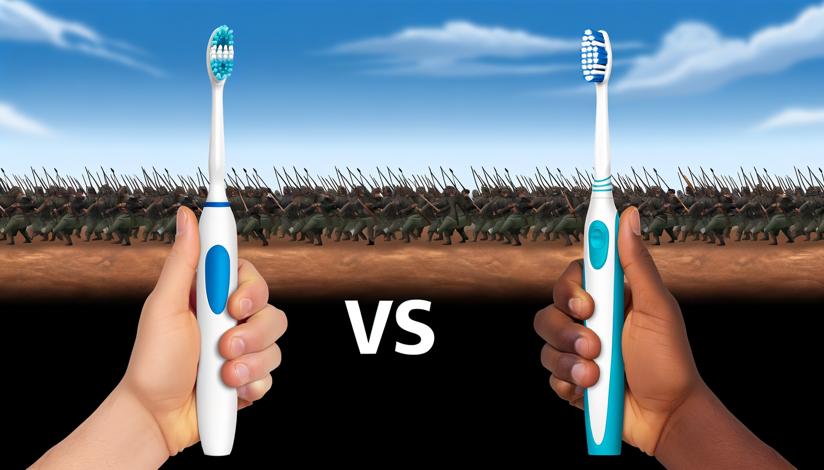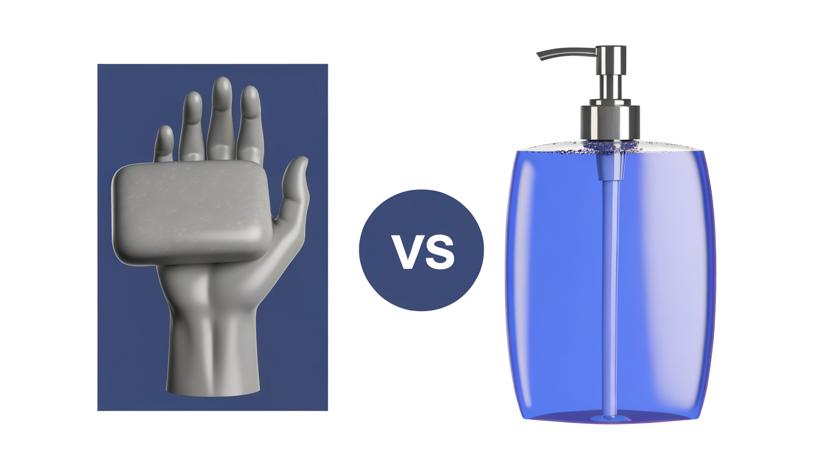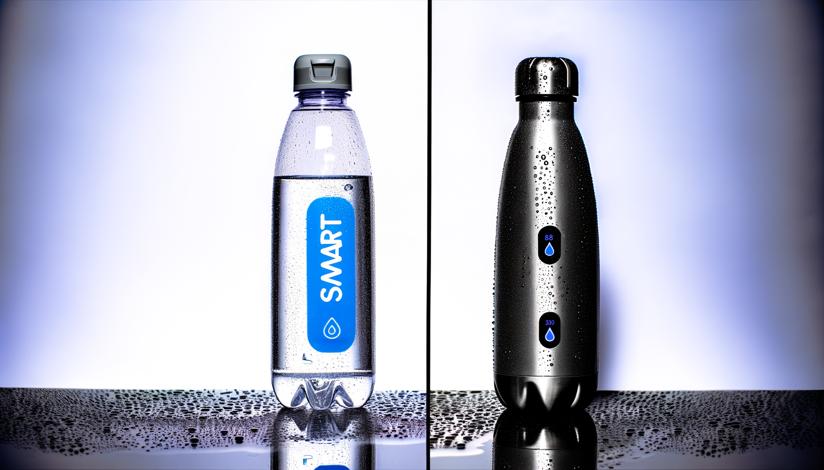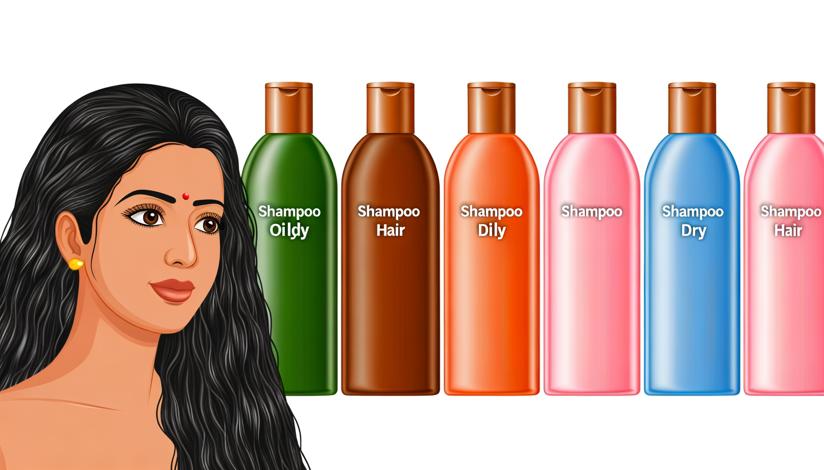

The pursuit of a brighter smile leads us to a crucial question: are electric toothbrushes truly superior to traditional ones? This comparative analysis dives deep into the functionality and efficiency of both types, offering insights into their unique contributions to oral health.
Electric toothbrushes provide a dynamic brushing experience, with their oscillating heads capable of thousands of strokes per minute. This advanced technology is not only effective at removing plaque but also minimizes the risk of brushing too hard, a common problem that can lead to gum damage.
On the other hand, traditional toothbrushes have stood the test of time with their simplicity and manual control. They offer a straightforward, no-frills approach to dental care - one that has been effective for centuries.
But beyond efficacy, considerations such as cost, environmental impact, and ease of use play significant roles in determining the best brushing option for individuals.

Electric Toothbrushes: Enhanced plaque removal, Reduced risk of brushing too hard, Variety of brushing modes
Traditional Toothbrushes: Simplicity and control, No need for batteries or charging, Affordability

Electric Toothbrushes: Higher upfront cost, Environmental impact of used heads and batteries
Traditional Toothbrushes: Increased effort for effective cleaning, Potential for improper brushing technique














-
https://www.ada.org/en/member-center/oral-health-topics/toothbrushes
-
https://www.ncbi.nlm.nih.gov/pmc/articles/PMC88948/




























